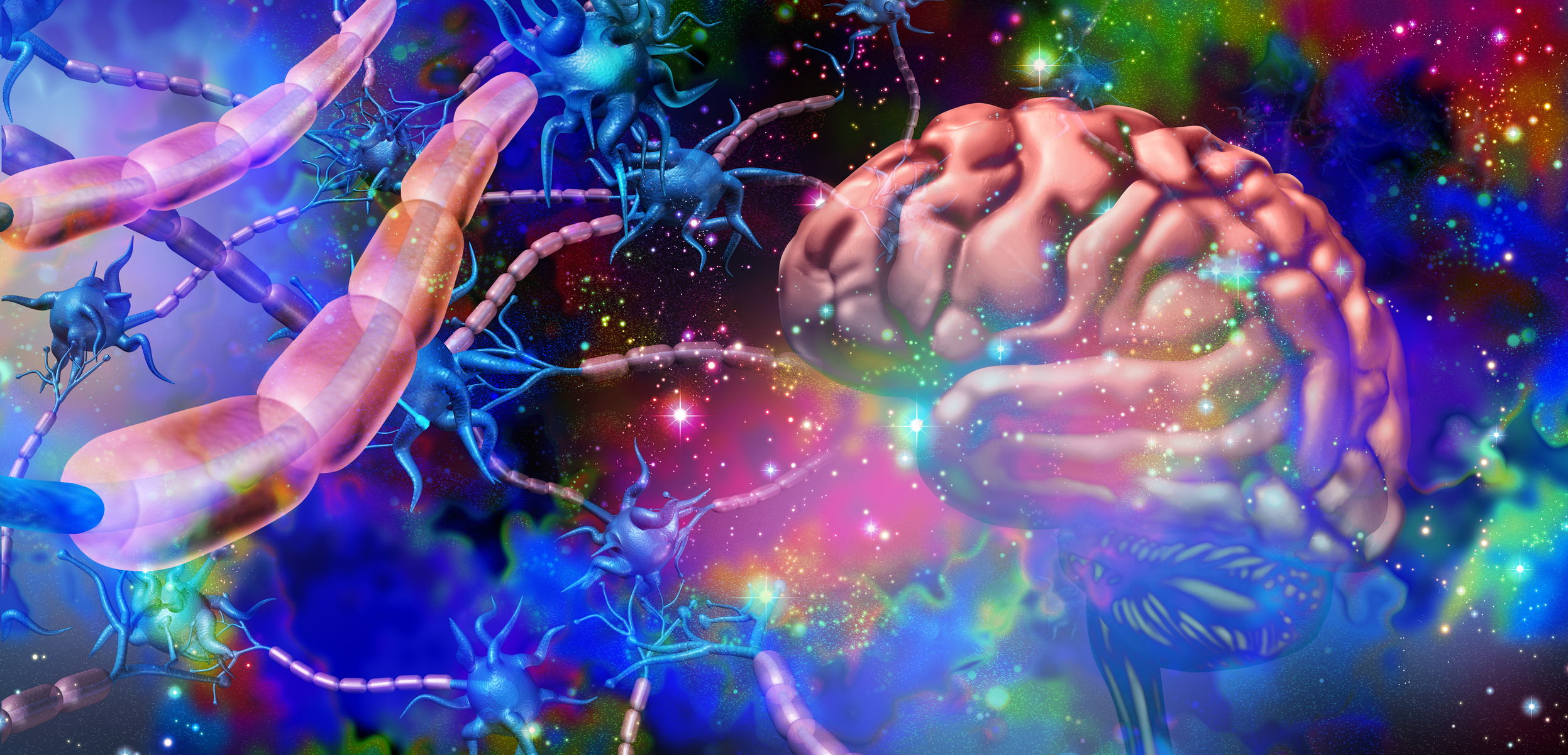of the study were to check the effectiveness of acupressure therapy with pharmacological treatment on pain, depression, anxiety and stress in knee osteoarthritis patients. To assess the effect of pain improvement on psychological health. Eligible 212 knee osteoarthritis patients were recruited and divided into two groups (intervention and control group). The intervention group (n=106) received acupressure therapy in combination with pharmacological treatment, while control group (n=106) continued pharmacological treatment only. Pain and psychological symptoms were measured using Visual analogue scale and Depression Anxiety Stress Scale-21. Data of patients were collected and compared at different duration of the study. Pearson’s correlation was used to check the effect of pain improvement on psychological health. Patients of both groups reported severe pain initially. On analyzing the results after completion of the study it was found that patients in intervention group scored better on pain scale (p ˂0.001) and DASS-21 scale (p=˂0.0001). However it may be noted that reduction in DASS-21 score was not found to be significant for control group (p=0.08). It was also found that patients of ≥50 subgroup of pain experienced better improvement in psychological symptoms. Pearson’s correlation coefficients value ranged from 0.231 to 0.412 for DASS-21 scale (P˂ 0.05). On analysis it can be concluded that acupressure can be used as add on therapy in combination with conventional treatment (pharmacological treatment) which may assist in pain reduction. The reduction in pain directly contributes in improving the physiological wellness among knee osteoarthritis patients.Copyright © 2020. Published by Elsevier B.V.
Adjunctive effect of acupressure to pharmacological treatment on depression, anxiety and stress in knee osteoarthritis patients.


